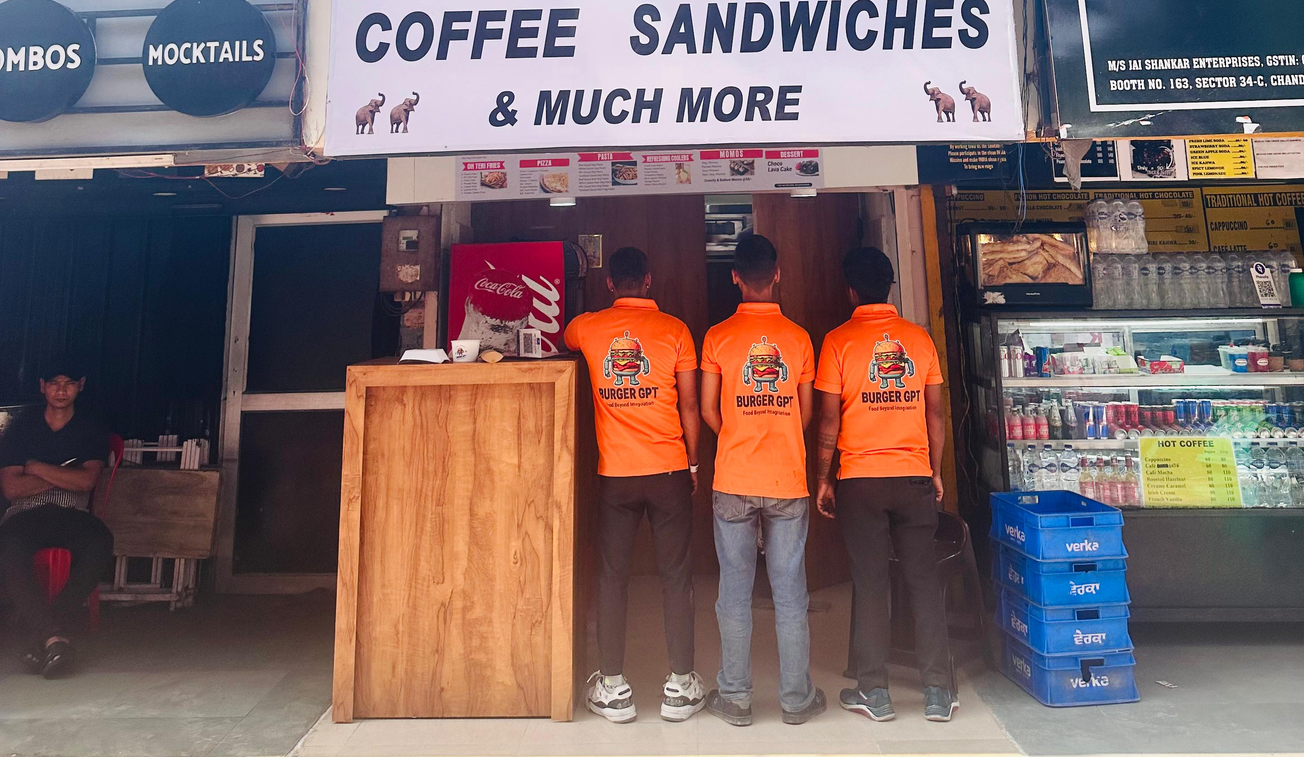Cancer could become a curable ailment in the future. In an early-stage clinical experiment, Memorial Sloan Kettering Cancer Center researchers obtained remarkable results: total cancer destruction with no side effects.
Researchers presented groundbreaking findings earlier at the 2022 ASCO Annual Meeting. They published the findings in The New England Journal of Medicine, confirming a complete clinical response in all 14 people who underwent the immunotherapy treatment dostarlimab as a first-line treatment for mismatch repair-deficient (MMRd) locally advanced rectal cancer. Immunotherapy is being used to replace surgery, chemotherapy, and radiation in this novel “immunoablative” therapy.
“This innovative clinical trial was led by Andrea Cercek, MD, Section Head of Colorectal Cancer and Co-Director of the Center for Young Onset Colorectal and Gastrointestinal Cancer at MSK, and Luis Alberto Diaz, Jr., MD, Head of the Division of Solid Tumor Oncology at MSK.” The study also establishes a paradigm for evaluating highly active medicines in the neoadjuvant situation, in which patients are spared from chemoradiation and surgery. At the same time, the tumor is being treated at its most responsive stage.
Similar Read: Croatia Insurance to Tackle Mental Health Issues Using AI-based Citylights
The Implications
“Both surgery and radiation have long-term consequences for fertility, sexual health, and bowel and bladder function. The ramifications for the quality of life are significant, particularly for women whose reproductive potential would be harmed by normal treatment. With the increased incidence of rectal cancer in young adults, this method could have a big impact,” Dr. Cercek stated.
“While more time is needed to determine response duration, this is a game-changer for patients with MMRd locally advanced rectal cancer,” Dr. Diaz stated.
In 2017, the FDA issued the first pan-tumor approval for adult and pediatric patients with metastatic MMRd cancers that progressed following earlier treatment, resulting in a paradigm shift in treatment for people with MMRd tumors. The FDA’s first approval was not tied to a specific location.
“As our study progresses, we expect to see PD-1 blockade tested in other MMRd tumors in the neoadjuvant context, including not-yet-metastatic pancreatic, gastric, and prostate cancers — potentially paving the way for a pan-tumor approach similar to MMRd in metastatic illness.”
Similar Read: Eldercare Robots are Ready to Disrupt the Healthcare Industry
No Need for Surgical Intervention
Dostarlimab, according to researchers, rendered cancer undetectable by all scans. The medicine uses the same natural immune responses that the body uses to fight viruses and other diseases to combat cancer. Several similar “checkpoint inhibitors” have been approved by the FDA, and dozens more are in the works. Surgery and radiation therapies may be unnecessary with this type of immunotherapy.
However, some malignancies have shown to be more resistant to the treatment than others. It’s also unclear whether it’ll work with a huge number of patients. With only 18 patients’ data, it’s still unclear whether dostarlimab poses a risk to a larger population.
Similar Read: Health Tech Revolution, Diabetes Apps Market, and Emerging Trends
Cancer Vaccines
One of the latest approaches against cancer, killing almost 10 million people each year, is using the body’s immune system to combat it. Vaccines are still another option.
A trial of an mRNA-based vaccination to treat pancreatic cancer has yielded promising early findings. Half of the patients in a similar study remained cancer-free after 18 months. In addition, Chinese researchers have utilized a nanotechnology-based vaccine to kill solid tumors.
Many cancer patients are priced out of therapy, and these alternative options may be able to help them. Radiation, surgery and chemo medicines cost cancer patients in the United States an average of 5.6 billion USD every year.
As new techniques are tested, we are getting closer to a time when cancer is a manageable disease rather than a death sentence.










